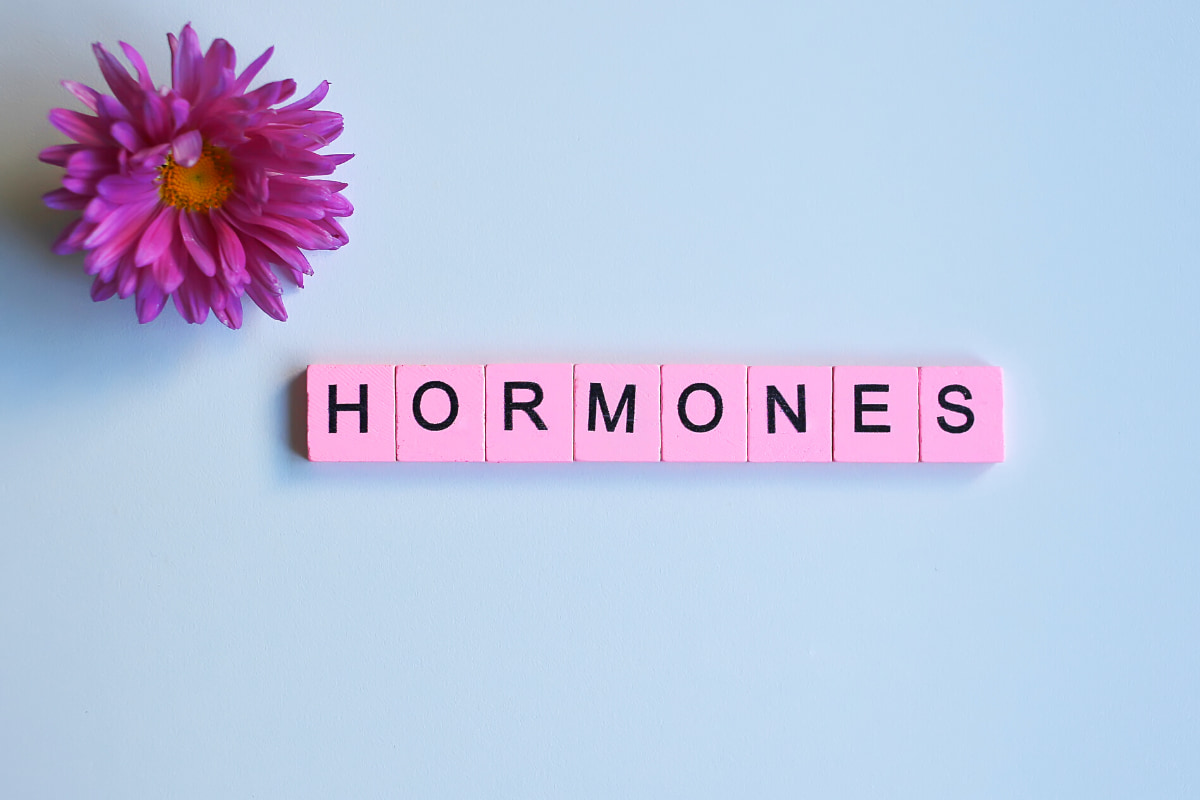What Are the Benefits of Progesterone Therapy After Menopause?

If you’re considering hormone therapy (HT) after menopause, you might be confused about what kind to take. HT comes in many forms: estrogen-only, progesterone-only, and a mix of both. Read on for information about progesterone and what it can do for you.
What Is Progesterone?
Progesterone is a steroid hormone. During a woman’s fertile years, progesterone is secreted mainly by the corpus luteum in the ovaries during the latter half of the menstrual cycle. It helps prepare the uterine lining for the implantation of a fertilized egg and helps maintain an embryo and develop the placenta in the first weeks of pregnancy.
Aside from its many jobs throughout the female reproductive cycle, progesterone plays other essential roles in the body. It helps keep bones healthy and strong by stimulating osteoblasts (bone-forming cells.) It has anti-inflammatory properties and helps regulate the immune system. Progesterone is also a neuromodulator that aids neurotransmission and is neuroprotective.
What Are the Symptoms of Low Progesterone After Menopause?
Similar to the decline in estrogen, the decline in progesterone after menopause causes several symptoms that most women find bothersome or even debilitating, including:
- Hot flashes
- Sleep disturbance
- Night sweats
- Mood changes
- Vaginal dryness
- Low libido
- Headaches
Benefits of Progesterone Therapy After Menopause
Taking progesterone after menopause offers several benefits. Experts say that progesterone therapy can improve many of the discomforts of menopause. It can reduce or eliminate hot flashes and night sweats, enhance sleep quality, increase libido, help stabilize mood, and decrease discomfort with intercourse.
Perhaps more importantly, adding progesterone after menopause offers some protection to your long-term health. Research has shown that progesterone therapy protects bone health in menopausal women and lowers the risk of developing osteoporosis. It has also been shown to improve glucose and lipid metabolism, potentially reducing diabetes and high cholesterol risk.
Does Progesterone Cause Weight Gain After Menopause?
The short answer is no. Some researchers have found that progesterone does not cause weight gain and can even limit body recomposition changes in the menopausal transition. However, research is limited regarding progesterone-only therapy in menopause. Most studies examine combined estrogen/progesterone therapy, which shows that HT has a neutral effect on weight gain.
Why Take Estrogen and Progesterone Together?
Most doctors will recommend combined estrogen and progesterone therapy for their patients taking hormone therapy. Taking estrogen on its own can increase your risk of endometrial cancer if you still have your uterus, which is why combined therapy is generally accepted to be the safest treatment option for most people. However, if you’ve had a hysterectomy, your doctor will prescribe estrogen-only therapy.
Estrogen and progesterone therapy can help to protect and preserve your bone health. Experts have determined that not only can combined HT prevent bone loss in menopause, but it can even improve bone strength and minimize fractures in people who already have osteoporosis.
Initial findings show that combined estrogen/progesterone therapy may lower the risk of developing colon cancer in postmenopausal women. Research suggests that low-dose HT initiated within the first ten years of menopause can minimize your risk of developing cardiovascular disease.
There has been a fear of hormone therapy in the last 20 years due to misinformation about the risk of an increase in breast cancer and other potential health risks. This fear and misinformation are primarily due to a specific study conducted in 1998 that experts argue was misinterpreted and flawed in its design.
It’s important to know that numerous recent studies show that when the appropriate dosage of HT is initiated in women under the age of 60, health risks are minimal, and health and quality of life benefits are significant. Specifically, regarding breast cancer, researchers have not been able to determine an increase in the relative risk of breast cancer with combined HT. However, the risk may increase the longer you take it.
If you have a history of uterine, breast, or ovarian cancer, HT can increase your risk of redeveloping cancer. Discuss other options to manage menopause symptoms with your doctor.
Final Thoughts
For many people, combined estrogen and progesterone hormone therapy can be the answer to their prayers. It can take away or improve many of the discomforts of menopause symptoms while offering some important protections for your health and long-term physical well-being. For example, progesterone improves and protects your bone health, decreases your risk of endometrial cancer, and may keep you from developing diabetes and high cholesterol after menopause.
Hormone therapy is not 100% risk-free, but the benefits are worth the risk for many women with bothersome menopause symptoms. Have a conversation with your healthcare provider about HT and if it makes sense for you. It might be just what you need to feel your best as you enter menopause.
Looking for more expert support on hormone therapy? Download Midday from the App Store where you’ll find a tool to help you understand whether hormone therapy is right for you.
Jennifer Turkyilmaz, RN, BSN, is a medical writer who worked for many years in women’s health as a high-risk pregnancy nurse. She is also a newly menopausal woman who wishes she had known more about what to expect before it happened to her.
Sign up for more unique women’s health content
By submitting this form, you agree to the Lisa Health Privacy Policy and Terms of Use


